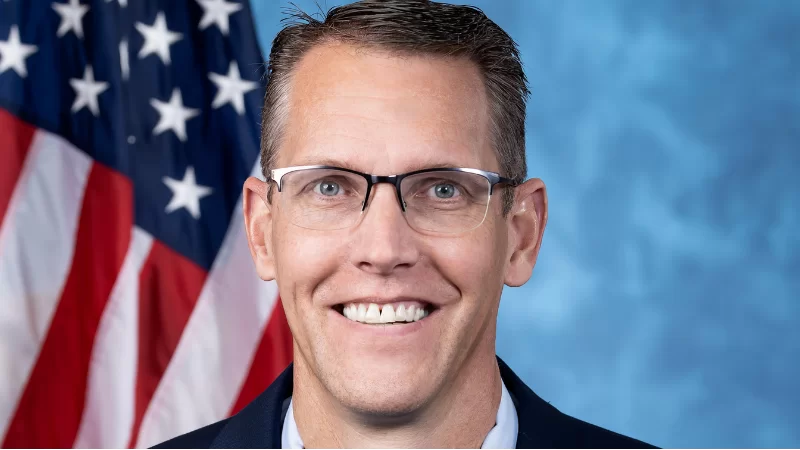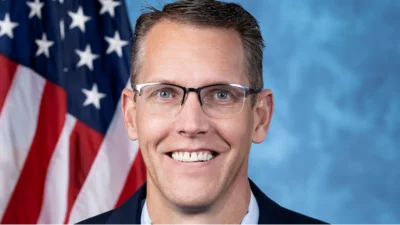Rep. Randy Feenstra, U.S. Representative for Iowa's 4th District | Official U.S. House headshot
Rep. Randy Feenstra, U.S. Representative for Iowa's 4th District | Official U.S. House headshot
WASHINGTON, D.C. – Today, two bills led by U.S. Rep. Randy Feenstra (R-Hull) were included in a larger weather package – the Weather Act Reauthorization Act – which passed the U.S. House of Representatives.
In the wake of the devastating tornadoes that recently hit Southwest Iowa, Representative Feenstra emphasized the importance of ensuring the safety of communities during severe weather events. He stated, “The powerful tornadoes that struck parts of Southwest Iowa last week were tragic. As our community has come together to take care of our neighbors, it is vital that the National Weather Service has the capability to use every tool available to keep our families and communities safe from severe weather."
Expressing his commitment to improving weather detection and communication, Rep. Feenstra highlighted the significance of the two bills that successfully passed in the House. He remarked, “My bills – which passed the U.S. House of Representatives – help ensure that our weather radar can better detect inclement weather, especially low-hanging tornadoes, and modernize the National Weather Service’s outdated communications network to disseminate time-sensitive information more quickly."
The National Weather Service Communications Improvement Act aims to modernize the National Weather Service’s communication network, particularly focusing on enhancing the dissemination of critical information during severe weather events. This update is crucial in providing timely and accurate updates to broadcasters, emergency managers, and the general public.
Inspired by a 2019 U.S. Air Force report on wind farms' impact on weather radar accuracy, the WING Act will enhance weather radar detection and prediction capabilities. This legislation requires coordination between the National Weather Service and the Assistant Administrator for Oceanic and Atmospheric Research to address challenges posed by physical structures like wind turbines obstructing radar line of sight.
These legislative efforts by Rep. Feenstra are geared towards saving lives, improving weather forecasting, and ensuring that communities, particularly in Iowa, are well-informed and prepared during severe weather incidents.





 Alerts Sign-up
Alerts Sign-up